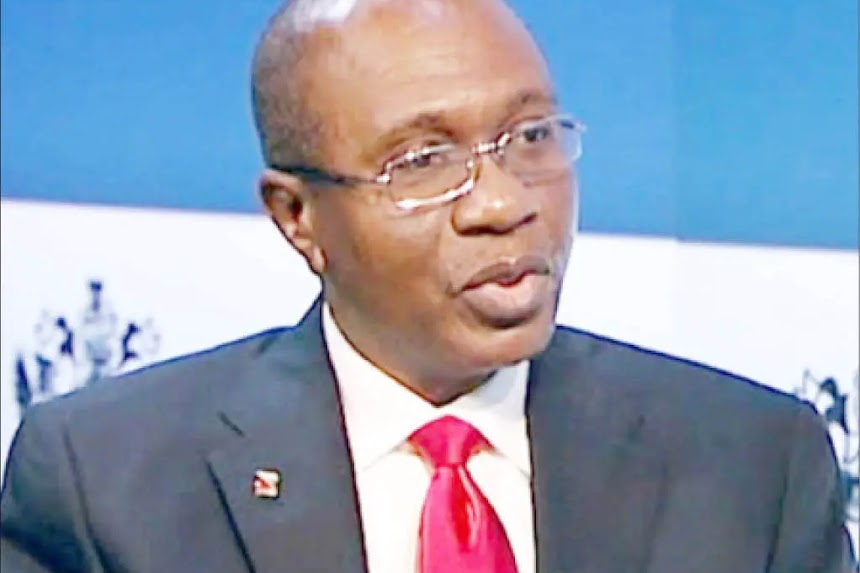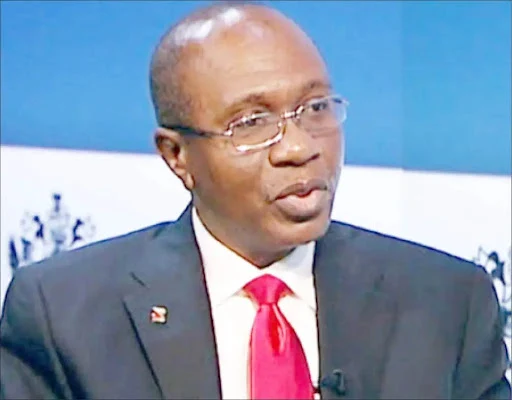The governor of the Central Bank of Nigeria (CBN), Godwin Emefiele, has expressed his satisfaction with the International Monetary Fund's (IMF) growth projection for Nigeria, stating that the country's economic policies are yielding results.
Emefiele made this remark during a sideline interview with journalists at the IMF spring meeting held yesterday at the IMF headquarters.
According to the IMF, global economic growth is expected to slow down to 2.8 per cent in 2023 and remain weak at around 3 per cent over the next five years.
However, for Nigeria, the IMF has maintained its economic growth projection of 3.2 per cent in 2023 despite the prevailing global economic challenges.
In response to this, Emefiele stated that the focus of monetary policy would be on reducing inflation rates while ensuring the stability of the banking sector.
He further noted that although Nigeria's growth rate projection was still sub-optimal, it was gratifying to note that the country's economic policies are on the right track towards achieving sustainable growth amidst global uncertainties.
Emefiele said, "We are delighted that even in sub-Saharan Africa, the growth levels in Nigeria, although by our assessment is still sub-optimal, the IMF would, of all the countries, say that growth in Nigeria should be retained at 3.2 per cent glades our heart."
He added, "It means that we are doing certain things that are correct, and we will continue to do those things that are right. It should also mean that we are not going to remove our eyes on monetary policy, which is to focus extensively on how to moderate inflation, but at the same time, ensure that the banking system stability remains resilient and strong as it is right now."
Emefiele also acknowledged the rising poverty levels and food insecurity worldwide, stating that over 700 million people were affected by poverty, while 350 million people globally were hit by extreme food crises.
He further assured that the Central Bank of Nigeria would continue to provide the regulatory framework necessary to complement the fiscal policies needed to achieve sustainable economic growth in a manner that is inclusive and environmentally friendly.



